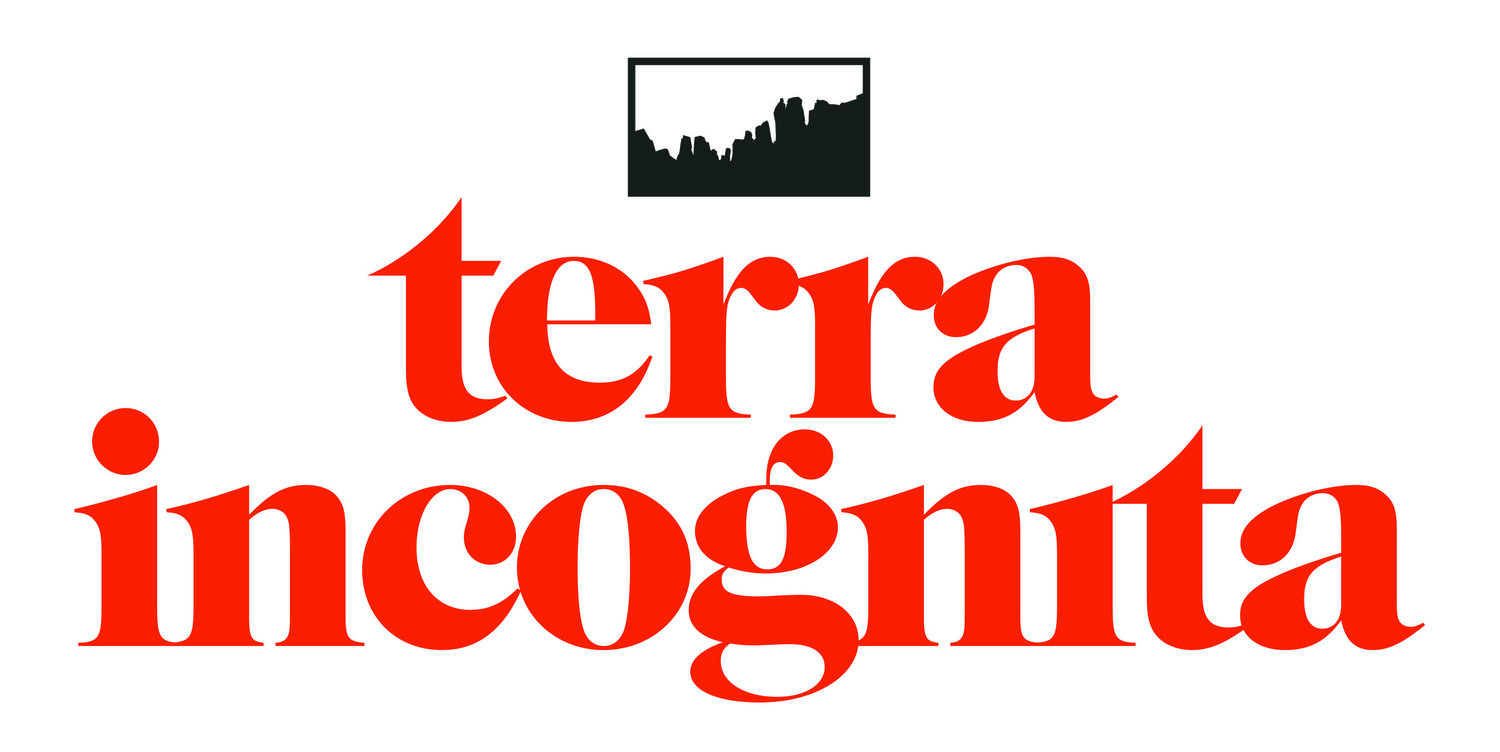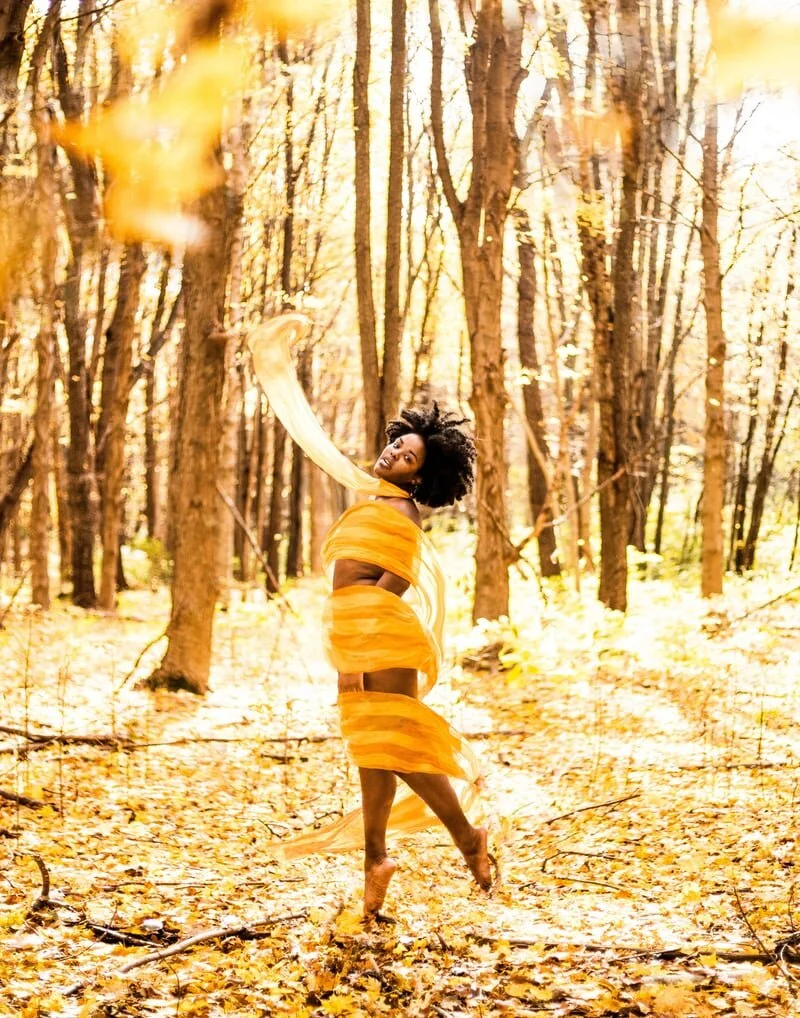Say NoThanks to #Thankstaking
“To learn and know this history is both a necessity and a responsibility to the ancestors and descendants of all parties.”
-- Roxane Dunbar-Ortiz on the true history of what has happened to the great civilizations of the Western Hemisphere in her book An Indigenous Peoples’ History of the United States of America
Tomorrow many families across the United States will sit down at a table to celebrate a holiday rooted in colonization and genocide. The history of the ongoing struggle for indigenous rights and self-determination has been co-opted and re-written by colonizers to make forced removal seem amicable. But the fable that is “Thanksgiving,” what many Indigenous leaders and activists call “Thankstaking,” was anything but friendly and good-natured. In reality, indigenous liberation struggles in North America have been ongoing ever since the first colonizers set foot on what is now called the United States of America -- occupied Turtle Island. Indigenous women, in particular, have always been on the front lines of resisting European colonization, often sacrificing their physical bodies as a barrier to protect their land and resources, as we saw with Standing Rock and Mauna a Wākea. Even when federal authorities come in with machine guns, tear gas, and water cannons, indigenous women are leading examples of principled nonviolence in honor of continuing the struggle for decolonization.
“It is well documented that reducing the status of Indian women within their pre-Columbian nations was a top priority for European colonizers eager to weaken and destabilize indigenous societies,” writes Marie Anna Jaimes Guerrero in her essay, “Civil Rights vs. Sovereignty: Native American Women in Life and Land Struggles,” which is featured in the book Feminist Genealogies, Colonial Legacies, Democratic Futures edited by M. Jacqui Alexander and Chandra Talpade Mohanty. Systems of oppression, ongoing colonization, and gender-based violence are inextricably interrelated. These are the phenomena that provide the foundations of manifest destiny -- the idea that justified European invasion on Turtle Island, pushing out Indigenous communities, and bringing enslaved people from Africa to develop what John L. O’Sullivan, a New York journalist called, “an experiment of liberty and federated self-government.”
Despite what our mainstream history books say, indigenous people have never been passive about ongoing colonization. They have always fought for self-determination, especially Indigenous women who continue to be prominent figures in grassroots movements for reclamation, preservation, and restoration. Marie Lego, an elder of the Achumawi in Northern California, protested Peabody Coal in the 1970s to protect her peoples’ sacred lands. Janet McCloud (Tulalip) and Ramona Bennett (Puyallup) led “fish in” demonstrations of the 1960s. Ellen Moves Camp and Gladys Bissonette, elder Oglala Lakota women, started the Oglala Sioux Civil Rights Organization, OSCR on the Pine Ridge Reservation in South Dakota. They both played key roles before, during and after the 1973 occupation of Wounded Knee.
In the 1990s, Pauline Whitesinger, Roberta Blackgoat, and Katherine Smith, along with ten thousand other Dine (Navajo), were threatened by the federal government to leave their homes at Big Mountain in order to make way for US corporations to mine the land. They resisted, which meant enduring intimidation and violence at the hands of the police. Lorelei Means, Minneconju Lakota, Madonna Thunderhawk, and Phyllis Young, both Hunkpapa Lakotas, organized for indigenous rights to health, water, and the environment. Together they formed Women of All Red Nations (WARN), which fought against the US government’s paternalist, colonialist handling of indigenous affairs.
Winona LaDuke (Anishinabe) is a well-known activist for environmental and indigenous justice at the forefront of the White Earth land struggle. LaDuke is the program director for Honor the Earth. In 2007, LaDuke was inducted into the National Women’s Hall of Fame, recognizing her leadership and community commitment. In 1994, LaDuke was nominated by Time magazine as one of America’s fifty most promising leaders under forty years of age. She has been awarded the Thomas Merton Award in 1996, Ms.Woman of the Year ( with the Indigo Girls in l997) , and the Reebok Human Rights Award, with which in part she began the White Earth Land Recovery Project. Jolie Varela, a citizen of the Tule River Yokut and Paiute Nations, of Indigenous Women Hike is a rising and influential indigenous leader based in Payahüünadü, so-called Bishop, California. It was just two years ago that Varela started IWH, an incredible vision to bring healing to her community. She works tirelessly to advocate for indigenous rights, access, and the sacred spaces her people have between stewards of for time immemorial.
This is to stress that indigenous resistance is very much present in 2019 and it is time that we say “no thanks” to a colonizer holiday that romanticizes the U.S.’s bloody and violent agenda. “Indigenism is thriving as a liberation movement,” writes Guerrero, “...Native American women in North America will likely become even more visible in the fight for our people’s rights and for the rights of indigenous women.”
In her indispensable novel, An Indigenous Peoples’ History of the United States, Roxanne Dunbar-Ortiz details the multitudinous and sophisticated networks of Indigenous nations of North America in 1492, dispelling the settler-colonial myth that this land was populated by antiquated, primitive cavemen. It’s never been a “virgin wilderness” and there has never been such a thing as “terra incognita” despite what you may read by John Wesley Powell.
Dunbar-Ortiz writes in her author’s note at the beginning of the book that she wanted to make clear that colonization, dispossession, settler colonialism, and genocide “drill to the core of US history, to the very source of the country’s existence.” She stresses that genocide is too often associated with disappearance. This association is exacerbated by the erasure of Indigenous people and history in schools. It is rare to find a child who grows up in the U.S. who has not experienced a kindergarten thanksgiving “celebration” complete with an “Indians and pioneers” theme where the kids create “Indian” costumes by cutting feathers out of paper and wearing them on their heads.
Indigenous peoples’ -- hundreds of varied nations, not one homogenous group -- are still here and thriving. “Indigenous survival as peoples is due to centuries of resistance and storytelling passed through the generations, and I sought to demonstrate that this survival is dynamic, not passive. Surviving genocide, by whatever means, is resistance: non-Indians must know this in order to more accurately understand the history of the United States,” writes Dunbar-Ortiz.
Thanksgiving is a violent holiday and we encourage families across the United States to educate themselves about the true history of colonization, and the ongoing indigenous resistance happening in the present day. November is Native American Heritage month. If you are gathering around a table tomorrow, do some research and put some effort into learning about who’s stolen land you are on. Let’s stop romanticizing genocide and advocate for the truth to be reflected in our children’s schools, in the books at the public library, and within the narratives, we operate at our places of work, social spaces... everywhere. You can be an advocate in your own sphere of influence. Here’s what we suggest:
Do a land acknowledgment: research the land you occupy, the people who were forcibly removed from that land, and the history of gentrification and redlining, as well. It’s all central to ongoing colonization and we need to educate ourselves about the true history of the spaces we take up. This website can help you. But you may need to do some digging to find out more detailed information. Take this opportunity to share with your family and friends what you have learned.
Say NoThanks. Otaes, an indigenous educator, teamed up with Queer Appalachia, a platform that advocates for Queer voices and identities in Appalachia, to create a series of public art pieces that discuss the trauma in indigenous communities in connection to food scarcity. NoThanks is a demand to end the celebration of resource extraction and death. NoThanks is a call to donate to Native American Indigenous Food Systems (@natifs_org) and R.I.S.E. (@riseindigenous). Instead of spending $100+ on a Thanksgiving feast donate it to one of these organizations.
Donate and spread the word about Indigenous Women Hike, a platform that advocates for true inclusion and equity in the outdoor industry, and healing for indigenous communities. Buy one of their gorgeous shirts here!
Read this great Thanksgiving Toolbox resource that the platform Three Token Brown Girls made. And listen to Three Token Brown Girls podcast episode, “Decolonizing Thanksgiving (Thankskilling),” you can also find it on Spotify.
Celebrate Indigenous People, Not Columbus. Listen to these myths about Christopher Columbus provided by one of our favorite podcasts All My Relations.
Listen to this episode of Seeing White in which host John Biewan learns about why and how 38 Dakota men died in the largest mass execution in U.S. history that took place in Mankato, Minnesota.
We invite you to think beyond the gender binary. Learn about how gender is a construct, and how the gender binary of woman/man was created and enforced through colonization, a binary that indigenous communities do not maintain.
The biggest lie that we need to dispel ourselves of is that colonization happened hundreds of years ago. It’s still happening today, right now, and if you are in a position of power and privilege you need to educate yourself on the truth and be an advocate in your own sphere of influence for indigenous rights and self-determination. You can help stop the erasure of the original stewards of this land. As Three Token Brown Girls says, “Politicize the fuck out of your Thanksgiving.”



